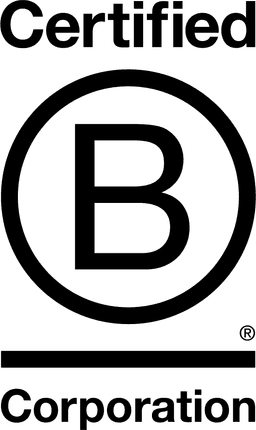

Helios

Île-de-France, France
May 2024
Other financial services
Service with Minor Environmental Footprint
France
Thanks to a new banking model dedicated to financing the ecological transition, helios is the first eco-responsible banking alternative in France. Their mission? To give all French citizens the opportunity to contribute to building a more environmentally friendly world by directing money towards ecological transition and sustainable investment projects, making a real difference. To achieve this, they offer a full range of everyday banking products (current accounts, joint accounts, etc.) as well as savings products like an ecological investment product. Their commitment goes beyond merely excluding fossil fuels from their financing. helios takes a proactive approach to funding the ecological transition. They allocate deposits to projects that accelerate ecological transition. But their impact doesn’t stop there. helios enhances their influence through various other means: cleaning up consumption with an ethical cashback program; greening investments by offering genuinely responsible savings products; and minimizing their carbon footprint as a company.
Overall B Impact Score
Governance 21.3
Governance evaluates a company's overall mission, engagement around its social/environmental impact, ethics, and transparency. This section also evaluates the ability of a company to protect their mission and formally consider stakeholders in decision making through their corporate structure (e.g. benefit corporation) or corporate governing documents.
What is this? A company with an Impact Business Model is intentionally designed to create a specific positive outcome for one of its stakeholders - such as workers, community, environment, or customers.
Workers 32.8
Workers evaluates a company’s contributions to its employees’ financial security, health & safety, wellness, career development, and engagement & satisfaction. In addition, this section recognizes business models designed to benefit workers, such as companies that are at least 40% owned by non-executive employees and those that have workforce development programs to support individuals with barriers to employment.
Community 20.4
Community evaluates a company’s engagement with and impact on the communities in which it operates, hires from, and sources from. Topics include diversity, equity & inclusion, economic impact, civic engagement, charitable giving, and supply chain management. In addition, this section recognizes business models that are designed to address specific community-oriented problems, such as poverty alleviation through fair trade sourcing or distribution via microenterprises, producer cooperative models, locally focused economic development, and formal charitable giving commitments.
Environment 6.3
Environment evaluates a company’s overall environmental management practices as well as its impact on the air, climate, water, land, and biodiversity. This includes the direct impact of a company’s operations and, when applicable its supply chain and distribution channels. This section also recognizes companies with environmentally innovative production processes and those that sell products or services that have a positive environmental impact. Some examples might include products and services that create renewable energy, reduce consumption or waste, conserve land or wildlife, provide less toxic alternatives to the market, or educate people about environmental problems.
Customers 4.1
Customers evaluates a company’s stewardship of its customers through the quality of its products and services, ethical marketing, data privacy and security, and feedback channels. In addition, this section recognizes products or services that are designed to address a particular social problem for or through its customers, such as health or educational products, arts & media products, serving underserved customers/clients, and services that improve the social impact of other businesses or organizations.